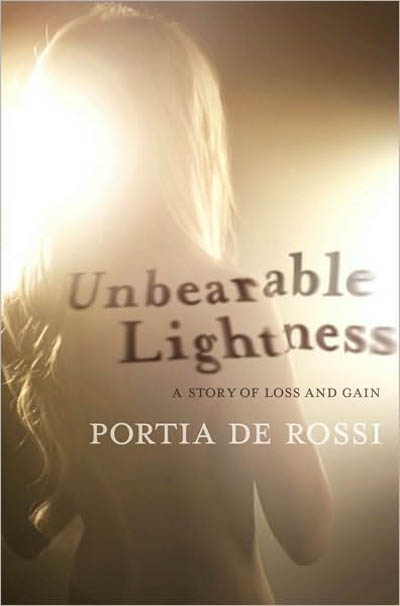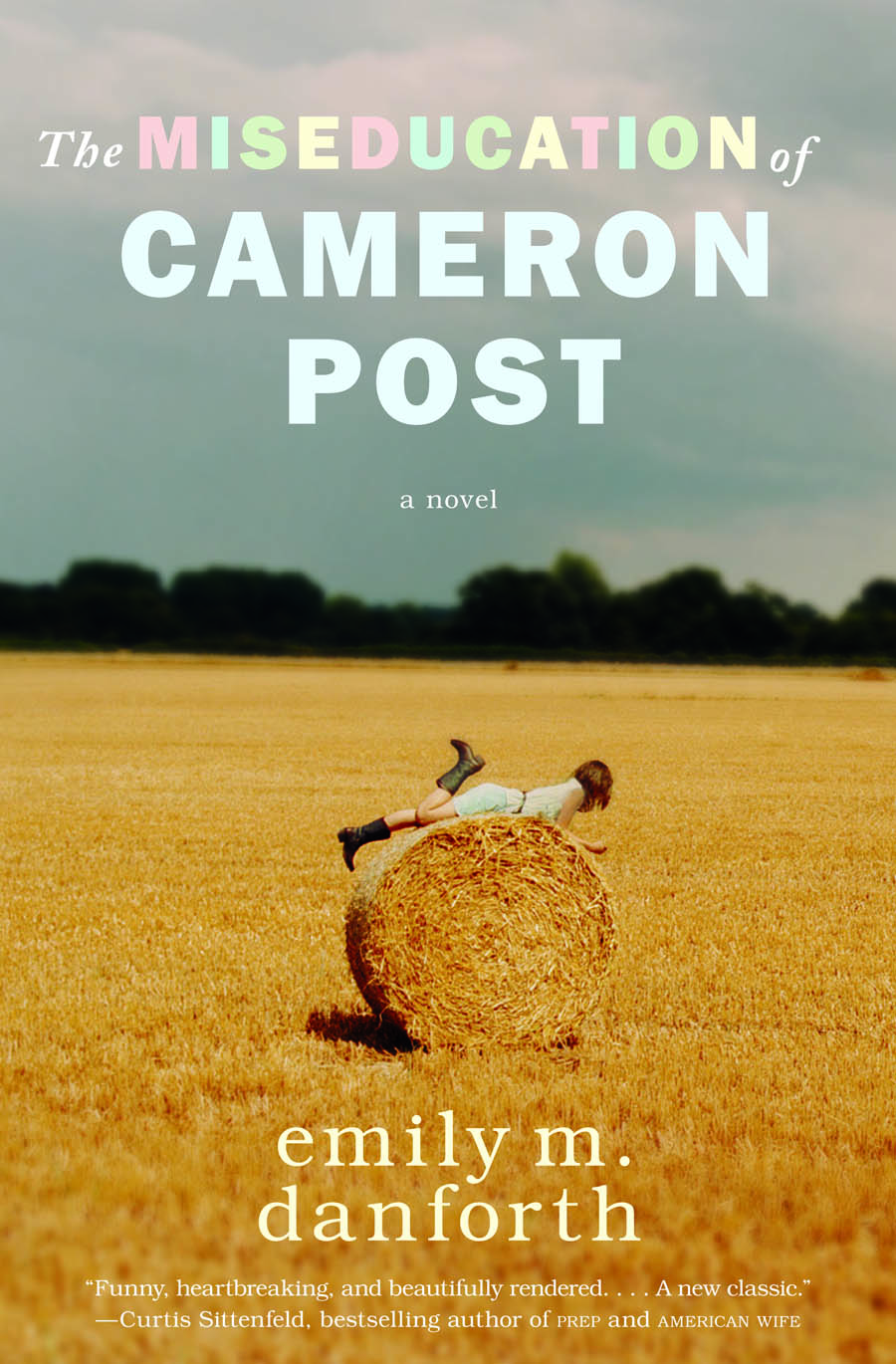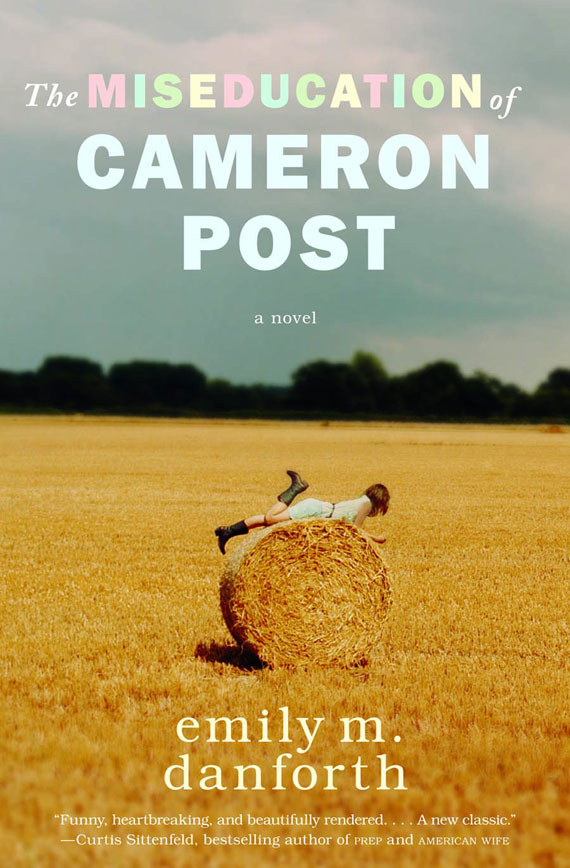Every summer my entire obnoxious/lovable extended family rents a beach house in the Carolinas for a week, and every summer I end up scouring Goodreads, Amazon, and the Lesbrary for “lesbian beach reads.” Usually, that phrase yields zero-to-few results. I’m here to change that. Looking for a juicy tell-all for theRead More
Kit reviews The Miseducation of Cameron Post by emily m. danforth
The afternoon my parents died, I was out shoplifting with Irene Klauson. Every review I’ve read of Cameron Post starts with that line. Somehow, there doesn’t seem to be any other way. It’s a flash of the voice you’re going to know better than your own by the end of 300 pages, and her sadnessRead More
Danika reviews The Miseducation of Cameron Post by emily m. danforth
If you follow other les/bi/etc book sites, or have been skimming the link round ups at the Lesbrary, you may have already heard of The Miseducation of Cameron Post. In fact, you may have already heard about it from a mainstream source, because Cam Post is published by a large publishing company (HarperCollins), and it’s beenRead More
Anna M. reviewed The Miseducation of Cameron Post by Emily Danforth
Emily Danforth’s debut young adult novel, The Miseducation of Cameron Post, got several positive reviews in the mainstream media (I heard about it from NPR, but it also got a coveted starred review from Kirkus). Miles City, Montana native Cameron Post is twelve when her parents are killed in a tragic accident near Quake Lake.Read More



